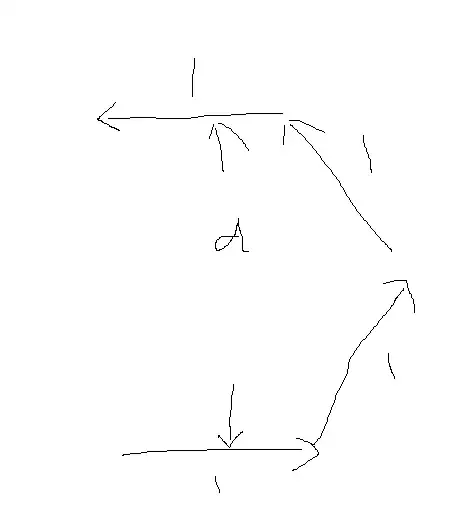The finite sum can be found in closed form exaclty using the geometric series and Euler's theorem.
First Euler's theorem using imaginary numbers to relate trigonometric functions to the exponential function.
$$ e^{i\theta} = \cos\theta + i \sin(\theta) \qquad \textbf{(1)}$$
Second the finite geometric series tells us how to add a sum of power of a number,
$$ \sum_{k=0}^N x^k = \frac{x^{N+1}-1}{x-1} \qquad \textbf{(2)}$$
Since you seem to be interested in measuring the angle in degrees we need to include the conversion factor on our angle. I'll just represent this factor by the variable $\lambda=\pi/180$. We can write the series you are interested in as,
$$ \sum_{k=0}^N \sin( k^\circ) = \sum_{k=0}^N \sin( \lambda k) = Im\left(\sum_{k=0}^N e^{i\lambda k} \right) \qquad \textbf{(3)}$$
So if we find the imaginary part of the sum of exponential functions we will have succeeded in evaluating the sum.
$$ \sum_{k=0}^N e^{i\lambda k} = \sum_{k=0}^N \left( e^{i \lambda} \right)^k = \frac{(e^{i\lambda})^{N+1} - 1 }{e^{i\lambda}-1}$$
To get the imaginary part of the sum we use the identity that the imaginary part of a complex number is the number minus its complex conjugate divided by twice $i$.
$$ Im\left(\sum_{k=0}^N e^{i\lambda k} \right)= \frac{1}{2i} \left( \frac{(e^{i\lambda})^{N+1} - 1 }{e^{i\lambda}-1} - \frac{(e^{-i\lambda})^{N+1} - 1 }{e^{-i\lambda}-1}\right)$$
$$ = \frac{1}{2i} \left( \frac{(e^{i\lambda})^{N+1} - 1 }{e^{i\lambda}-1} - \frac{(e^{-i\lambda})^{N+1} - 1 }{e^{-i\lambda}-1}\right) $$
$$ = \frac{\sin(N\lambda) + \sin(\lambda) - \sin((N+1)\lambda)}{2(1-\cos(\lambda))}$$
If we substitute $N=180$ we get,
$$\sum_{k=0}^{180} \sin(k^\circ) = \frac{\sin(\pi) + \sin(\pi/180) - \sin(181 \pi/180)}{2(1-\cos(\pi/180))} \approx 114.6$$
Dividing this by $180$ we get an answer of,
$$\frac{1}{180 } \sum_{k=0}^{180} \sin(k^\circ) = \frac{114.6}{180} \approx .637 $$
